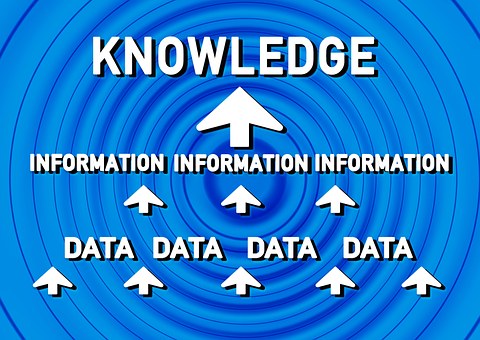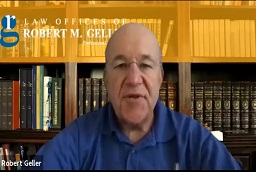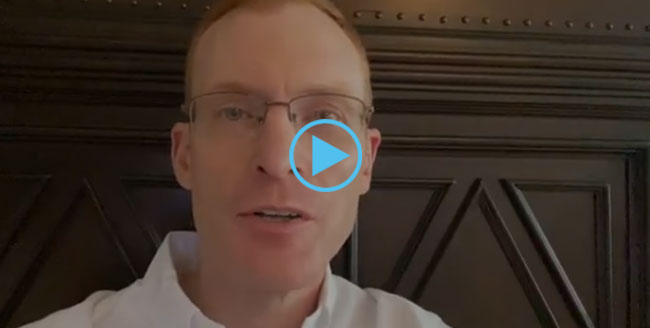I’m on-boarding a new client. I’ve sailed through the introductions and pleasantries. I’ve noted several excellent points to consider while digging into the depths of my new client’s business. My mind is excitedly reeling through all the directions I want to explore with the campaigns. As I’m wrapping up with loose conversation to help learn more about each other to help secure a solid working relationship I’m hit with, “Oh by the way. I need to be #1 for [keyword]”.
It’s at this point I’m always thankful that I’m not sitting directly in front of an audience so no one sees my left eye starting to twitch. Despite the void of a visual I still feel bad because there is this brief period of silence (crickets in the background) while I’m taking a deep breath. How to I put this without unraveling the relationship we’ve just started?
Early on it was fairly easy. There was no Google. There was no Pay Per Click or analytic programs to speak of. Only organic rankings in a handful of Search Engines and directories. The answer was, “Well that is an awfully broad and competitive keyword. I can’t make any promises but I’ll sure do everything I can!”. As more robust, sometimes costly, platforms of marketing and analytic programs have been developed and matured the ‘I need to be #1’ game has changed significantly. Perhaps for the better.
Today the simple start of this conversation is, “This is an interesting twist to the conversation we just had. Would you mind sharing with me your history with this keyword?”. Over the years, I’ve heard a myriad of reasons why 1 or 2 particular keyword(s) are so attractive for various clients. All understandable. I’m not one to judge however after listening I’m generally lead to ask following questions:
- You mentioned you have X,Y,Z analytics program. Will I be able to look at this keyword’s track record in there or is there another way you measure this keyword?
- How about Adwords and Bing Ads statistics? I assume there is information available for this keyword in those interfaces?
- Have you had other sources work to achieve #1 position for this keyword for you in the past? If yes, When was this? Did you feel they were successful? If no, Why not?
- Your budget is $XXXX per month correct?
In asking these questions I am setting the tone for:
- I’m going to be doing my job and vetting out the statistical information revolving around this keyword.
- I’m going to specifically be looking into the time frames provided from previous attempts if available.
- If this has not worked out before I’ve had the client validate this so IF I need to educate why this isn’t going to work out this time either they won’t be as disappointed. They will at least know why this time.
- I’ve validated the budget so that if the budget becomes a barrier in the #1 request we can leverage that in the education process.
I’m not going to finish the conversation today. I really want to take a look now at what is going on with that keyword. Our conversation is then tabled with, “Ok I totally get that this keyword is very important to you. I want to spend a bit of time taking a look into this keyword and then I’ll schedule a time we can discuss how this is going to impact the directions we can successfully take for you and your campaigns”.
Let the data dive begin!
This is where the ‘perhaps for the better’ comes into play. In the early beginning of marketing online there was little in the way of analytics so it was one of those throw it out there and see what happens. But you never really knew for sure if that was what was driving leads or not. It didn’t cost much but it did often take a lot of time. Now with the robust analytics programs available out there it’s much easier to determine if a keyword is productive or not which can quickly alleviate non-productive spend and non-productive optimization time.
There are a variety of things I’m going to look at in conjunction to the productivity, or lack of, for the requested keyword. I might hop in and it’s a total gem for this client. I might find that this keyword does nothing but burn money. But I’m not going to discard my new client’s request. I’m going to compile the information I need to revisit this with my new client. Some things I would look at are:


Need Google Ads Management Help?
Free Google Ads account review for
qualified clients
Almost 20 years experience
- Overall productivity of the keyword
- Location productivity of the keyword
- Time of day/week productivity of the keyword
- Campaign structure surrounding this keyword
- Search phrases surrounding this keyword
- Negatives used with this keyword
- Keyword Position
And I’ll do this in each channel individually. What works in Google Pay Per Click may not work anywhere near the same in Bing or Yahoo and vice versa. PPC may not work as well as Pay Per Call, etc.
Once all of the data is has been thoroughly reviewed it’s time to revisit the keyword request with the client. This is a great time to use join.me, GoToMeeting or another screen share program so the client can visually see exactly what you’re talking about as you explain why or why not this keyword request is realistic. Often times when information is shared verbally only it leaves room for things to be misinterpreted or construed inadvertently so it’s always a good idea to share visually as well.
It all comes down to what the data demonstrated and it’s important you educate the client thoroughly with the data. Rather than being #1 100% of the time for a certain keyword it makes more sense to be #3 with the exception of Wednesday and Sunday afternoons in Bing only from 1 to 3 PM where being #1 is most productive. Maybe it isn’t the keyword at all that is generating leads. Maybe it’s a search term(s) that has been firing off the keyword and the leads have been really coming via that search term so we turn that search term into a keyword.
There are a wealth of directions the end plan can go. It all comes down to the data, your ability to wade through the information and educate the client so that both you and your new client are productive and hold a successful long relationship.
Image Source: Pixabay



















